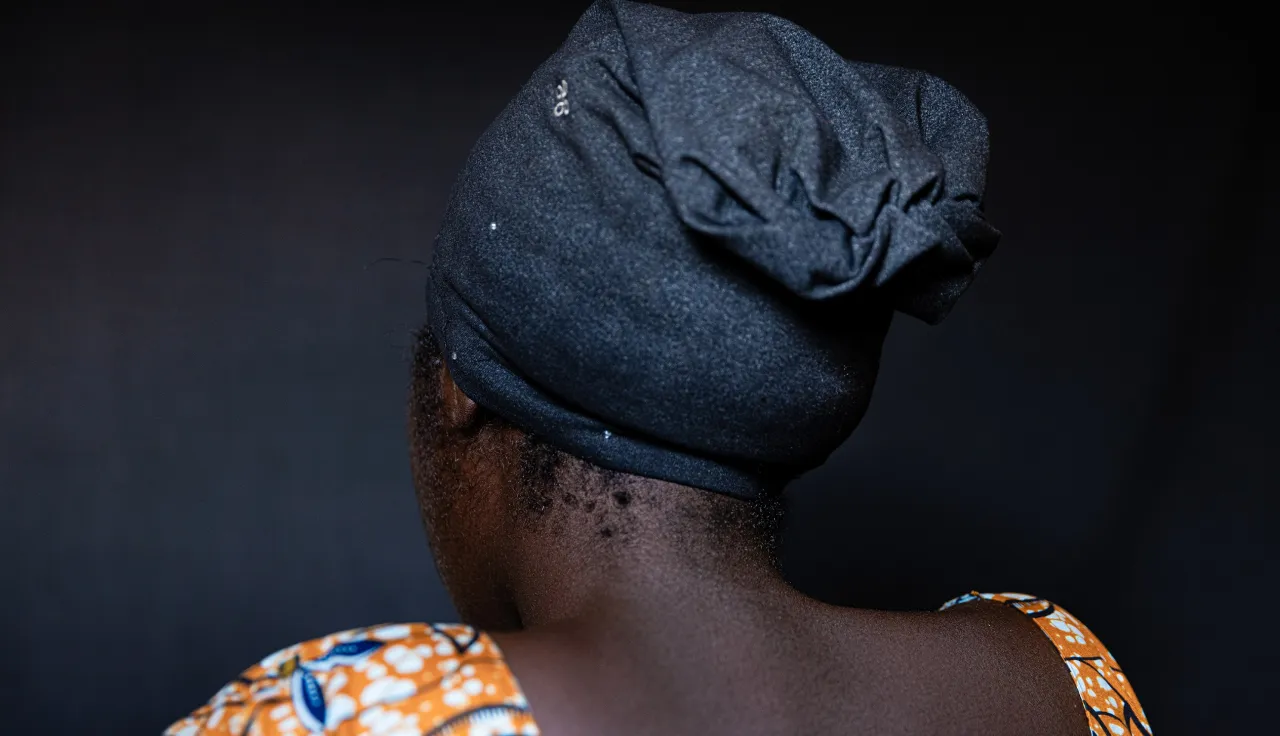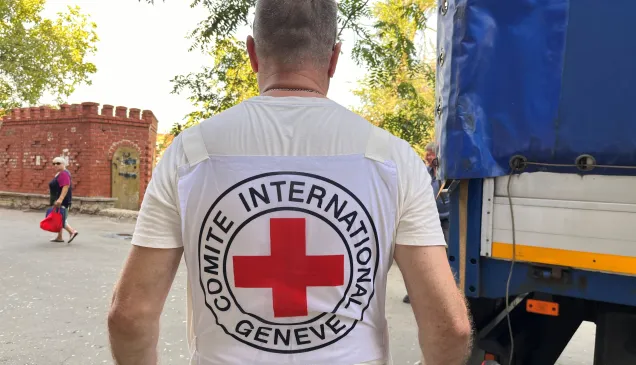Sexual violence in conflict: Victims and survivors need more than words

Sexual violence has been recorded in over 51 armed conflicts around the world. As armed conflict expands, sexual violence is also on the rise – and is not only as a by-product of war but is increasingly used as a deliberate strategy to dehumanize individuals and break apart communities.
Yet even as needs double in some contexts, coordinated, survivor-centered responses remain grossly inadequate. Victims and survivors face immense challenges in accessing the care they need - barriers that include social stigma, fear of retaliation, and the simple fact that local services are too often underfunded, overstretched, or out of reach.
In conflict-affected settings, these barriers are compounded by insecurity, displacement, the loss of community support networks, and the collapse of critical infrastructure, including healthcare. Between 2021 and 2024, the number of people requiring services for sexual and gender-based violence (SGBV) in conflict or fragile contexts more than doubled - from 3.5 million to 7.2 million. Yet, less than 0.2% of humanitarian funding in 2024 was allocated to address these needs.
This gap in care is not just a funding issue - it is a crisis of prioritization. Victims and survivors of sexual violence need medical and psychosocial support, legal assistance, protection, and to be believed and respected. The consequences of not responding appropriately are long-lasting and devastating, not only for victims and survivors themselves but for the social fabric of entire communities.
While support and funding for local services must increase, communities also have a role to play.
How community members can support victims and survivors of sexual violence:
For those who have survived sexual violence, recovery can be difficult and looks different for everyone. Here are three things communities can do which can help.
1. Believe and respect victims and survivors
Instead of jumping in with solutions, listen carefull to what the person says. Every story shared is an act of courage and help begins with a question: "What do you need right now?" Give them a chance to express themselves without judgement. Their priorities are the priorities. Respect their right to decide what happens next.
They are not defined by what was done to them.
2. Prioritize safety and confidentiality
Stigma, gossip and social rejection may cause victims and survivors to isolate themselves at a time when they need their community the most. They should be the only ones deciding if they want to tell their story, when and to whom. Respecting their stories is respecting their privacy
Support should never put victims and survivors at greater risk.
3. Ensure they feel included
Let victims and survivors know that they are a valuable part of your community. Make sure they feel welcome in social gatherings, or even during small daily activities. Be there. Listen to them first. Show them your community cares and will continue to support them.
Knowing what support exists, and how to access it, can be life-changing for victims and survivors.
Sexual violence in conflict is not inevitable. It is prohibited under international humanitarian law, and is a choice made by perpetrators. It is our collective responsibility to ensure that victims and survivors are not abandoned after the fact. The humanitarian response must match the scale of the suffering.
Victims and survivors need more than recognition. They need action.
Three ways to support victims and survivors of sexual violence
Here are three simple ways to support sexual violence victims and survivors: listen without judgment, respect their privacy, and offer genuine support. Let them decide when and how they want to share their story and show up for them with care and kindness. It’s the little things that can make a big difference.



